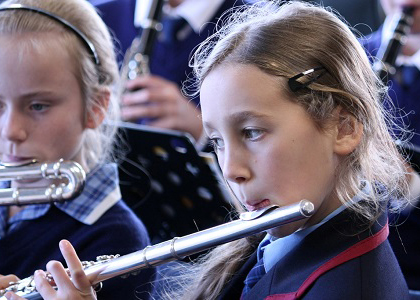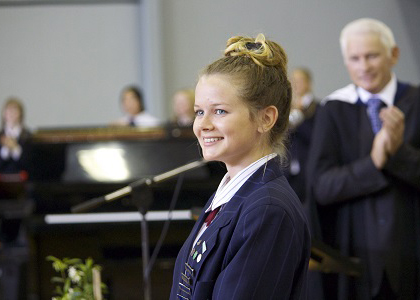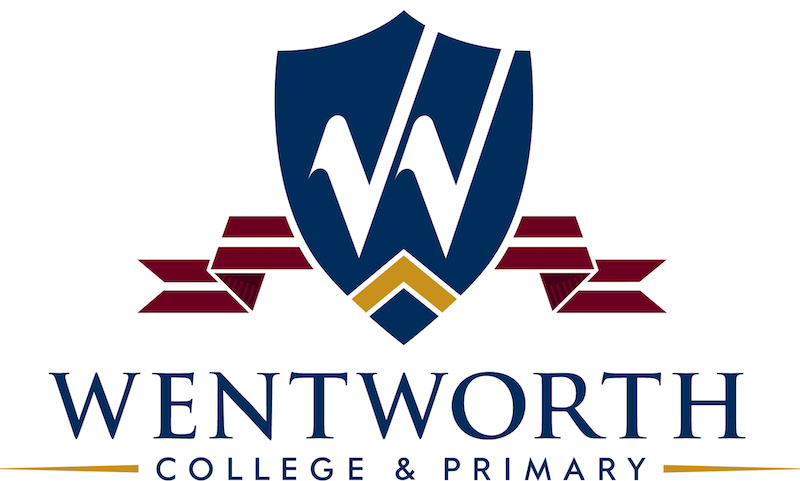PRIVATE SCHOOL REVIEW REPORT:
WENTWORTH PRIMARY SCHOOL
1. BACKGROUND
The Chief Review Officer has a statutory duty to report on the performance of private schools throughout New Zealand.
Section 351 of the Education Act 1989, requires the Education Review Office (ERO) to review fully registered private schools, and to report to the Ministry of Education on weather each school continues to meet the criteria full registration.
This review report was prepared in accordance with standard procedures approved by the Chief Review Officer.
| Location | Gulf Harbour, Whangaparaoa |
| Ministry of Education Profile number | 605 |
| School type | Private School (Years 1 to 6) |
| Decile | 1 |
| School roll | 33 |
| Number of International Students | 2 |
| Gender composition | Girls 17, Boys 16 |
| Ethnic composition | New Zealand European/Pākehā 31, Russian 2 |
| Review team on site | Jun-11 |
| Date of this report | 27-Jun-11 |
| Previous ERO report | Private School Review August 2008 |
2. Criteria for Registration
Wentworth Primary School was reviewed by ERO in 2008 and was registered as a private school in the same year. Since then, the roll has more than doubled and there have been strategic changes in school leadership and staffing. Students from the primary school make smooth transitions to the Year 7- 13 college campus, which is located next door. The Wentworth College Education Trust Board and founders manage both schools and provide a good quality private school education option for families in the Whangaparaoa, North Shore and wider Rodney area.
The executive principal has overall leadership responsibility for both the primary school and the college. His vision and that of the founders is reflected in the broad curriculum and the variety of academic, sporting and cultural opportunities provided for students. The school values of trust, respect, consideration and compassion are reflected in the positive relationships evident between staff and students. Supportive relationships between the College and the Primary school are evident in the coaching and peer teaching activities that are provided for younger students. The structured, nurturing environment of the school supports and celebrates learning and is accepting of difference.
Students are provided with a suitable standard of tuition. They are settled and focused on learning and are confident, sociable and happy at school. Students benefit from the small class sizes, multi-level class groupings and one-on-one teaching provided. Teachers know their students well. Good use of assessment information enables teachers to identify specific next steps to accelerate, extend or support each student’s learning. Individual learning profiles provide important reference points against which to monitor students’ progress and achievement over time.
School annual planning goals indicate that teachers are setting realistic targets for student achievement based on reliable and increasingly consistent assessment information. Students are becoming more self-managing and independent learners through facilitated reflection sessions and their involvement in self-assessment activities.
The New Zealand Curriculum is used as a foundation document and is supplemented by school-based curriculum programmes and aspects of the Cambridge curriculum. Students receive good quality education programmes, with an emphasis on high levels of academic achievement in literacy and numeracy. Teachers’ collaborative approach to planning gives priority to literacy and mathematics. Relevant science and technology programmes, sometimes using college facilities and subject specialists, are provided in the school curriculum. Aspects of New Zealand’s bicultural heritage and te reo Maori are integrated into the teaching and learning programme. Gifted and talented students receive enrichment programmes in specialist subjects in the College environment. Drama, music and education outside the classroom are popular features of the school’s curriculum.
The school is inclusive of and responsive to its parent community. Good use is made of parent surveys to inform and, where appropriate, make changes to aspects of the curriculum and school operations. Parents are welcome in the school. They are keen participants on school trips and take advantage of regular information evenings provided.
The school continues to provide suitable staffing. Teachers are appropriately registered and well qualified. They are committed to the Board’s vision for teaching and learning in the school. Experienced teacher aides provide additional learning support for identified students. A review of the school’s performance management programme is underway. Consequently, the appraisal cycle has yet to be implemented for the current year for teaching and non-teaching staff. Good team work, shared leadership and collaboration allow for effective use of in-house and external professional development.
The school premises and equipment continue to be suitable. The four purpose-built classrooms provide ample space for lessons. A multi-purpose teaching space accommodates art, music and second language learning activities. The school is well resourced. The grounds, all weather courts and an adventure playground continue to be well used and enjoyed by students. Good use is also made of college campus facilities, including the gymnasium as required. The grounds are attractive and well maintained. Appropriate health and safety policies and procedures, many of which are shared with the college, are in place.
3. Other Statutory Obligations
Good systems in place to enable the school’s managing body to be assured that its other statutory obligations are met.
4. Other Matters
Provision for international students.
The school is a signatory to the Code of Practice for the Pastoral Care of International Students (the Code) established under section 238F of the Education Act 1989. At the time of this review two international students were attending the school.
The school has attested that it complies with all aspects of the Code.
ERO’s investigations confirmed that the school’s self-review process for international students is thorough. School prospectus information for international students attending the primary school, however, should be updated to align with the classroom-based support that is provided for international students who are not proficient speakers of English.
5. Conclusion
On the basis of the information obtained during the review, ERO considers that Wentworth Primary School meets the criteria for registration as a private school set out in the Education Act 1989.
Richard Thornton
National Manager Review Services
Northern Region
27 June 2011
Discover More

Wentworth Primary

Wentworth College

School Events

International Programme
09 424 3273
Location
Linked In





